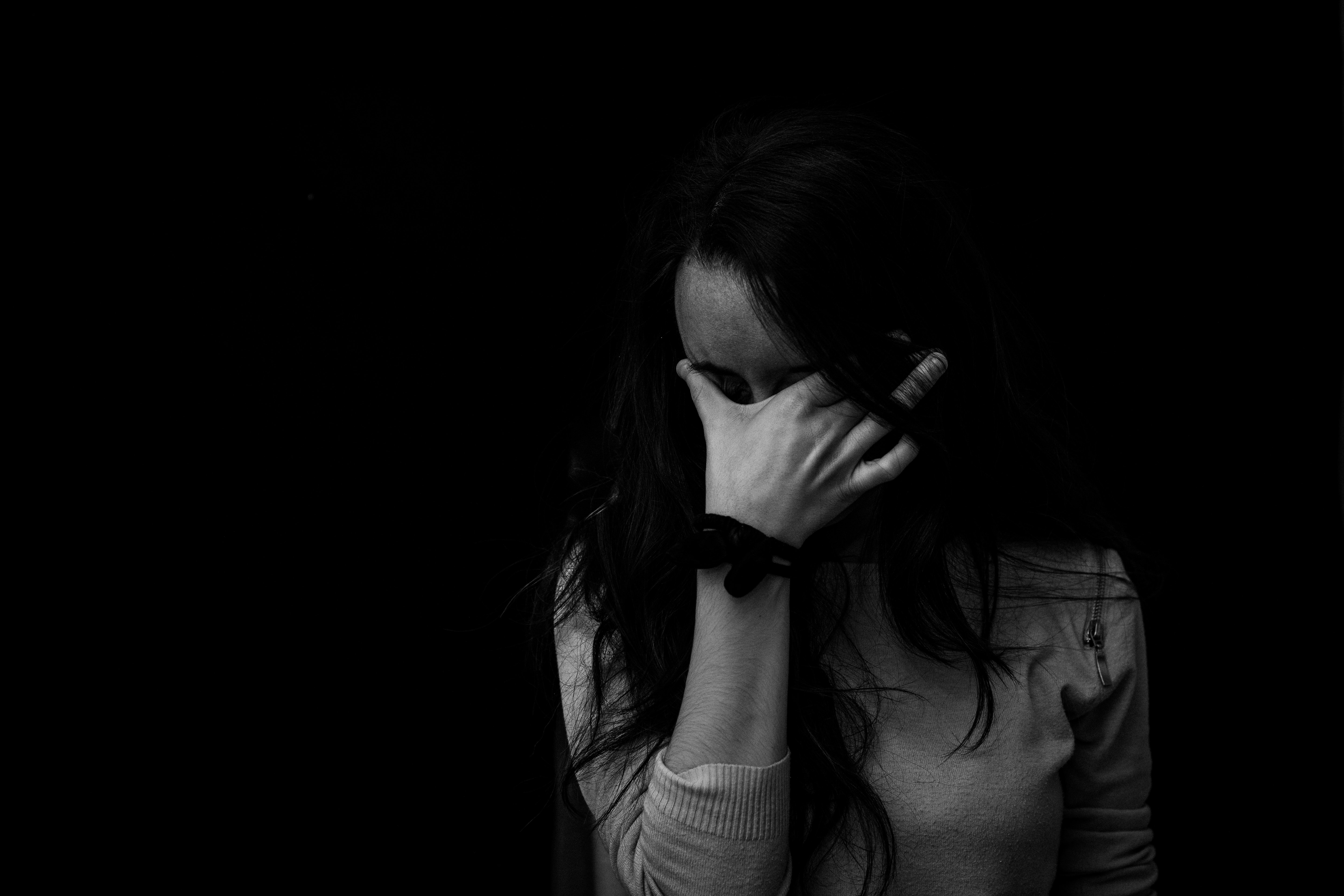Anxiety is a common disorder that affects about 18 percent of the U.S. adult population. It is also not uncommon for someone suffering from anxiety disorder to also deal with depression or vice versa, in fact, nearly half of those diagnosed with depression are also suffering from an anxiety disorder.
One type of anxiety that affects a large portion of the population is social anxiety disorder. According to the Anxiety and Depression Association of America, social anxiety disorder affects 15 million adults, or 6.8 percent of the adult population in the United States.
What Is Social Anxiety Disorder?
Social anxiety is a common type of anxiety disorder. It is characterized by symptoms of anxiety of fear in certain or social situations such as meeting new people, dating, being on a job interview, talking in class, or even speaking with a cashier. Simply put, doing everyday things in front of people causes anxiety and fear, fear that the person is being judged, or will be humiliated or rejected.
This fear is so strong that many believe that it is out of their control. These problems can exacerbate and become more problematic as they affect attending school, going to work, and more.
Symptoms and Signs
When people have to perform or be around others, people with social anxiety tend to:
- Blush, sweat, feel a rapid heart rate
- Feel their “mind go blank”
- Show a rigid body posture, make little eye contact, or have an overly soft voice
- Feelings of nausea
Causes
Someone may experience social anxiety for a number of reason. For some, it runs in the family while some member will have it and others don’t. Some researchers believe that misreading others’ behavior may play a role in causing or worsening social anxiety.
It is also common for their to be co-occurring disorders that can make the symptoms of anxiety worse. Substance abuse, particularly with alcohol, is common among people with social anxiety disorder. If you are experiencing this, it may be best to look for help for finding alcoholism help.
Treatment
Thankfully, there are treatment options for people dealing with all forms of anxiety, including social anxiety. However, treatment will likely depends on how much social anxiety affects your ability to function in day-to-day life. The two common forms of treatment include psychotherapy and medications.
Psychotherapy
Psychotherapy will likely improve symptoms in most people with social anxiety disorder. During these therapy sessions, you will likely learn how to recognize and change negative thoughts about yourself and gain self-confidence. Cognitive behavioral therapy (CBT) is an effective form of psychotherapy for anxiety.
Medication
There are a number of options for medications available for those dealing with social anxiety disorder. A common form type of medication that is given to those with anxiety is selective serotonin reuptake inhibitors (SSRI). Serotonin is a neurotransmitter in the body that is instrumental in regulating mood, sleep, appetite, and more. SSRIs like Zoloft will effectively work to increase the availability of serotonin in the body to help reduce symptoms associated with social anxiety.
Other Similar Disorders
Along with social anxiety disorder, there are a number of other forms of anxiety and similar disorders that people can deal with.
General Anxiety Disorder
General Anxiety Disorder affects just over 3 percent of the population in the United States. This form of the disorder is characterized by persistent worry about a number of different things. The problems can stem from things like money, work, health, family, and more.
Panic Disorder
Panic disorder is diagnosed in those who experience random and spontaneous panic attacks. These will occur unexpectedly and sometimes even wake up someone sleeping. About 2 to 3 percent of Americans experience panic disorder in a given year and the condition is twice as common in women than in men.


